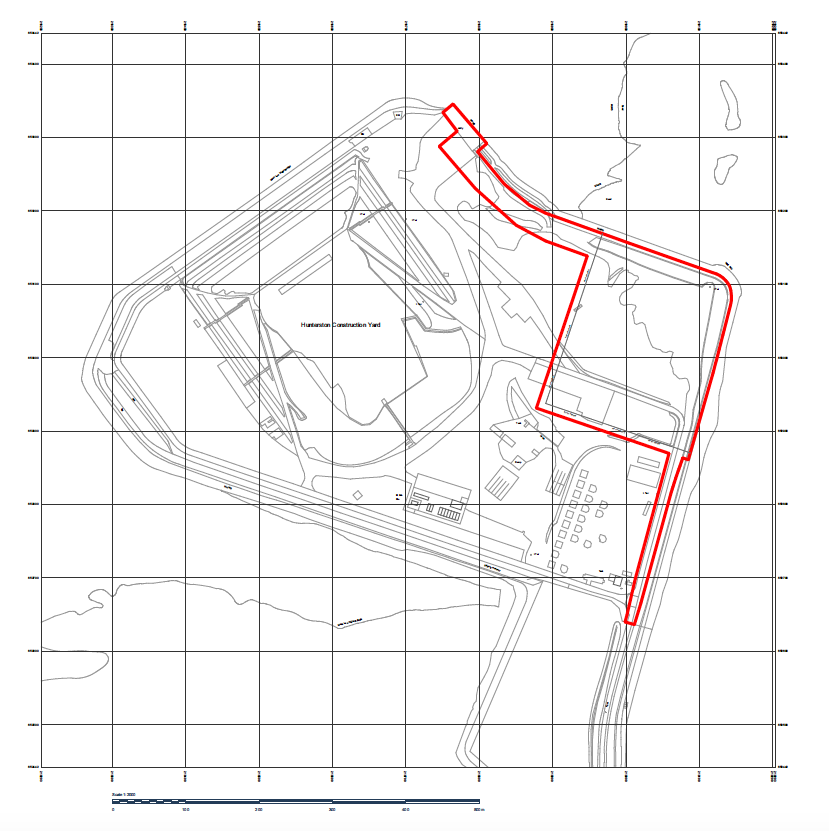Bakkafrost consults on Hunterston RAS site

Bakkafrost Scotland has said it intends to submit a planning application for a RAS facility at the Hunterston Port site in Ayrshire.
The RAS (recirculating aquaculture systems) plant would be the second in Scotland for the Faroes-owned salmon producer which is already in the process of constructing a RAS site at Applecross, on the west coast.
Hunterston is one of Scotland’s largest deep water ports and formerly imported coal for power stations, but it is now a derelict brownfield site that has been earmarked for development as Hunterston PARC by its owners, Peel Ports Group.
A Bakkafrost spokesperson said: “Bakkafrost Scotland can confirm it is in the early stages of a planning application process in relation to a proposed recirculating aquaculture system (RAS) facility and has lodged a planning application notice (PAN) with North Ayrshire Council for the development at Hunterston Port and Resource Centre (PARC) on the Clyde coast in Ayrshire.”
The company will be setting out its plans at public exhibitions on Wednesday 1 March at Fairlie Village Hall, near Largs, and on Thursday 30 March at West Kilbride Village Hall. Information will also be posted online.
The new RAS facility is expected to create around 35 specialist jobs and support the wider supply chain. Bakkafrost will use this and the Applecross facility to grow smolts for longer and to a larger size in freshwater before they are released into net-pens at sea. This has proved successful, in the company’s Faroes operations, as a way to improve smolt survival.
Hunterston PARC has been granted special development status in the Scottish Government’s National Development Plan, giving it priority as a site for investment in renewable energy, aquaculture, research and development and the circular economy.
Long-time anti-salmon farming campaigner Don Staniford has objected that the site will be in close proximity to the Hunterston B nuclear power station, which was shut down in January last year and is currently in the process of being decommissioned. He described the combination of fish farming and nuclear energy as “a marriage made in hell”.
Bakkafrost has stressed, however: “RAS is a land-based biosecure closed system. Our system uses freshwater from local sustainable land-based water sources, is highly energy efficient and will convert all waste produced to a renewable product.”
The spokesperson added: “As part of our consultation programme, which is part of the PAN process, we are committed to engaging with key stakeholders to discuss the proposed development and at our public exhibition events will have members on our team on hand to collect feedback and answer any questions people may have.
“Community Councils received communication about the PAN and subsequently an invitation to meet, as part of this process, and we plan to be taking part in their meetings over the coming weeks.”

Layout for Bakkafrost’s proposed RAS plant, Hunterston PARC

